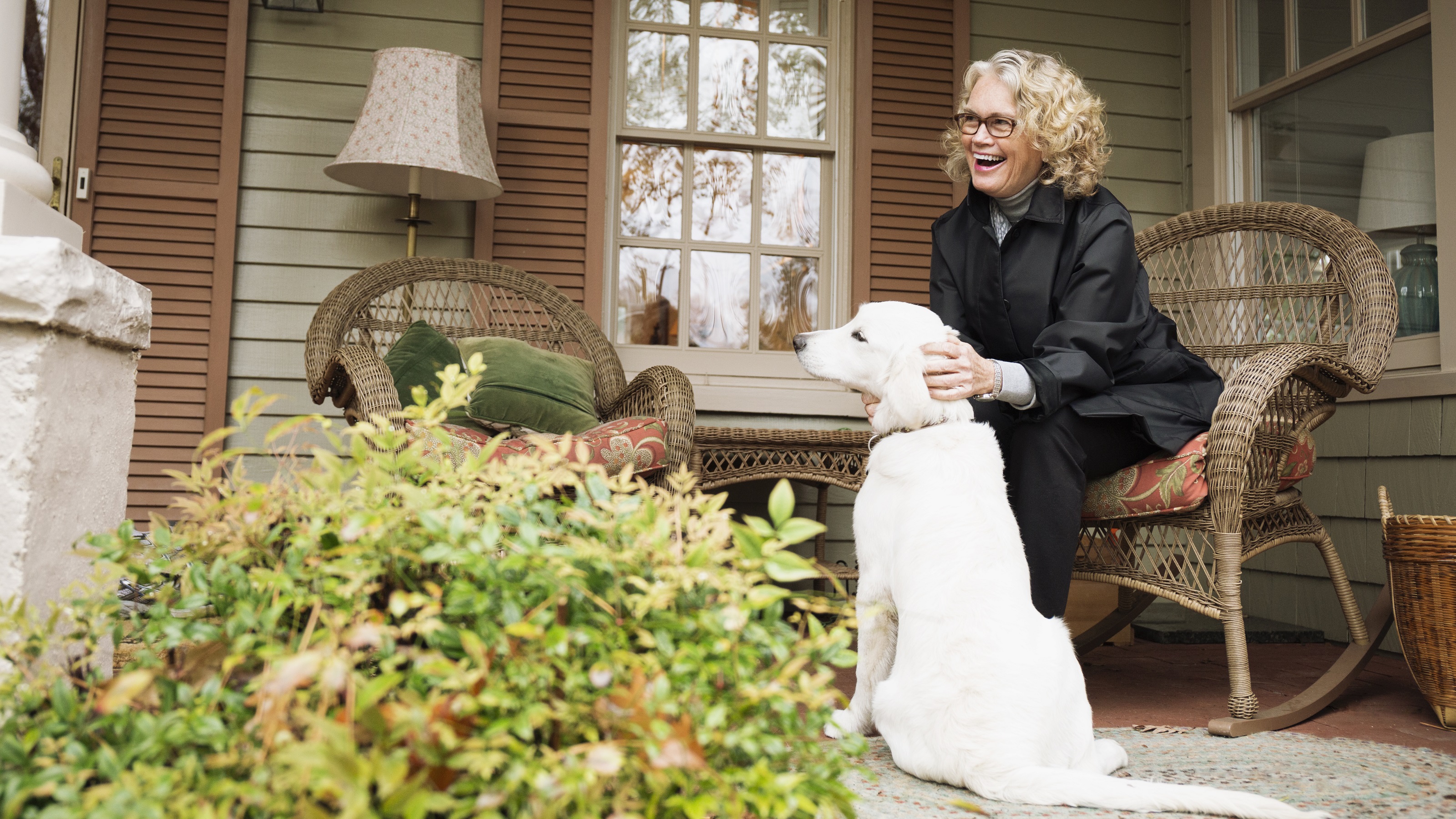
So far, 2023 news headlines have been dominated by an erratic stock market, persistent inflation, economic uncertainty and unidentified flying objects.
Yet, not nearly enough is being written about a gathering storm quickly gaining momentum in the United States — Americans are retiring with inadequate savings to get them through their golden years at an alarming rate. Their home equity could be what helps them make ends meet.
According to the U.S. Census Bureau, 10,000 Baby Boomers are retiring every day, and most are doing so with little to no savings. A 2019 Federal Reserve report found that more than 40% of retirees are entering this stage of their life still making monthly mortgage payments. This monthly obligation can be a tremendous burden for some retirees on fixed incomes. Then there is the uncertainty of the social safety net.
The future of Social Security
Depending on whom you ask, Congress may or may not be considering cuts to Social Security, which has already raised the full retirement age to 67 for all retirees this year. Regardless, Social Security alone will likely not be enough for most retirees to cover their living costs, medical care, housing, retirement aspirations, general necessities and comfort. The non-partisan Center on Budget and Policy Priorities reported that the average retirement benefit in January 2022 was just $19,370. Considering that the federal poverty level in 2022 was $18,310 for a family of two, it’s clear that most people will have a difficult retirement if they are relying exclusively on Social Security.
Needless to say, the data is concerning, but the situation is not unfixable if we embrace more modern approaches to funding our non-working years. Times have changed, and the historical playbook is no longer working for many. Retirees are literally sitting in an incredibly powerful and untapped resource — their home.
According to the U.S. Census, nearly 80% of those over 65 own their own home, while the Joint Center for Housing Studies of Harvard University found that older homeowners, on average, have an estimated $143,500 in home equity. Some estimates indicate that older Americans as a demographic are sitting on nearly $12 trillion in housing wealth.
The home may indeed be the solution for many struggling retirees who can access their home equity, either through a reverse mortgage or other home equity solution, to fund living expenses, pay for long-term care, college tuition, travel plans and all sorts of retirement adventures. And some are using their home equity loan proceeds, which are often income-tax-free, to invest, pay taxes on a Roth IRA conversion and other asset-leveraging maneuvers.
Home equity solutions like reverse mortgages can also eliminate monthly mortgage payments. This can dramatically improve cash flow and provide breathing room — all while allowing the borrower to maintain ownership of the home and continue living there. In short, it’s putting the house to work for the borrower instead of the other way around.
So, why aren’t more people accessing their home equity that they’ve spent a lifetime accruing?
The home equity riddle
A 2016 Fannie Mae National Housing Survey found that 65% of retired homeowners 55 and older planned to stay in their homes for the rest of their lives, but 47% said they would rather sell those same homes and downsize instead of borrowing against the equity to be able to remain in the home. But downsizing isn’t always an option for people connected to family and the community where they live, not to mention the costs associated with moving and the ongoing affordability challenges the country faces, which are particularly difficult for those on fixed incomes.
The benefits of aging in place also shouldn’t be overlooked. Researchers are increasingly finding that those who age in place are more likely to avoid physical and mental declines and have better health outcomes.
For many years, much of the American public viewed home equity extraction tools as loans of last resort. And at one point in time, that was probably true. Cash-strapped homeowners were early adopters of home equity solutions if, for no other reason, than out of necessity and with few options. But times have changed. More affluent borrowers are increasingly turning to home equity solutions, even when their homes are valued in the millions. These are not individuals borrowing from an unstable financial position, but rather, a financially savvy population who view their home as an asset, not an heirloom.
Home is where the heart is
Another impediment to accessing home equity is the emotions tied to the home. After all, this is where memories were made, first steps were taken, and holidays celebrated. The thought of taking out a loan against that equity can stir strong feelings, as if the loan were being leveraged against the memories themselves. But this is actually an opportunity to make more memories for decades to come in the same home they know and love, and they can do so with the financial peace of mind that they are prepared for the future and all the joys and challenges it may bring.
America’s retirement crisis won’t be solved quickly or easily, and it won’t resemble the retirement of the past when older people left the workforce with no debt, no mortgage balance, reliable pensions and confidence that Social Security would provide for them. The modern retirement is going to require a more creative playbook.
Overlooked options of the past that were dismissed should be revisited with fresh eyes and an acknowledgment of the new reality seniors face. One idea whose time has come is the power of home equity. This untapped resource may be the key to retiring with fewer worries, financial stability, dignity and a brighter future.







